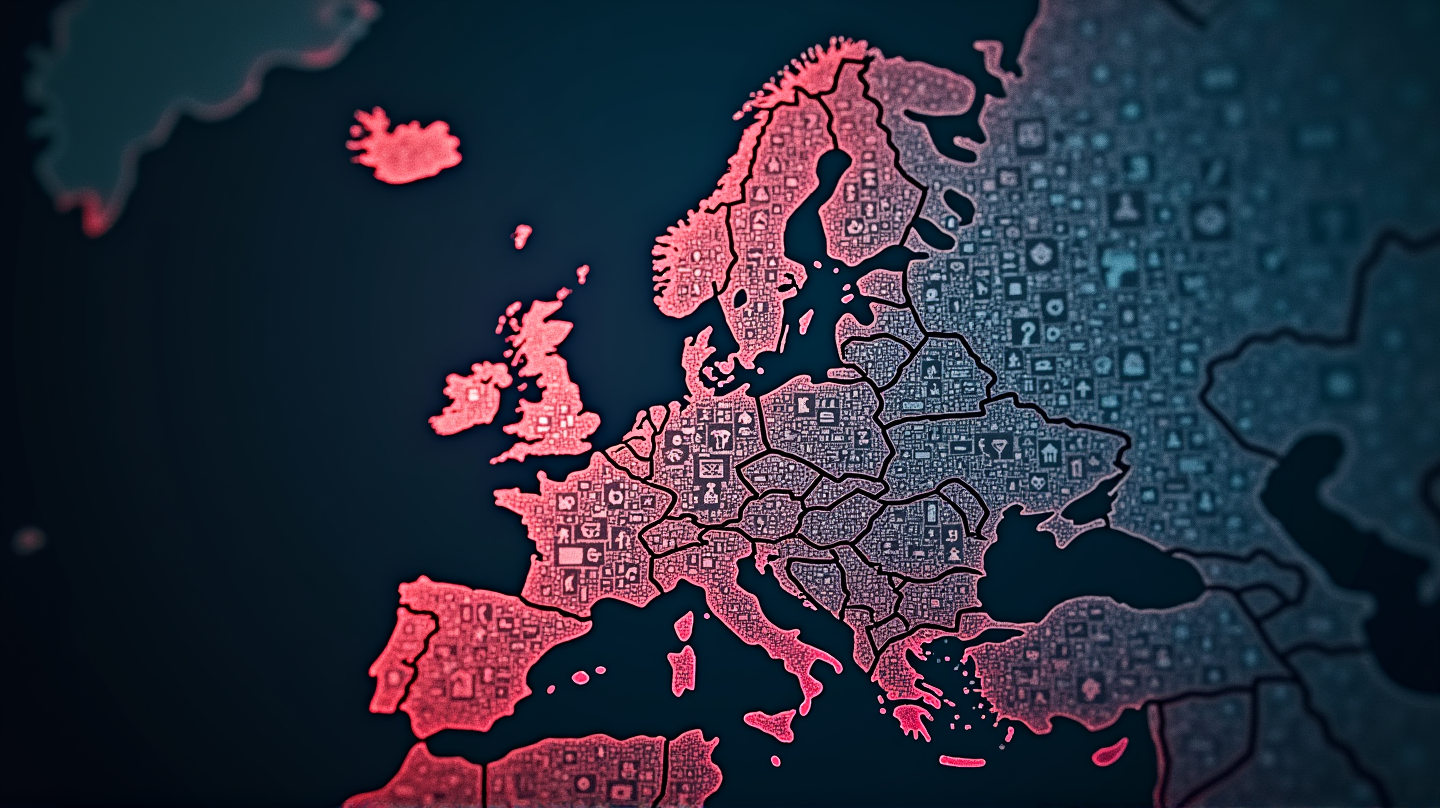The recent actions of US-based tech giants like Google, Meta, and Amazon have raised concerns about internet freedom both in Europe and potentially on American soil. Vice President JD Vance highlighted these worries, criticizing Europe’s tightening grip on online speech during the Munich Security Conference this February. With the hint of future shifts, many are asking: Could the policies we’ve seen in Europe soon wash over the shores of the United States?
Europe’s Stricter Controls
The Digital Services Act (DSA) in Europe has introduced rigorous regulations on digital platforms, pushing them to actively censor content deemed offensive or harmful. Despite these measures, European officials staunchly deny that the DSA amounts to censorship, arguing instead that it aims to purge illegal or demonstrably harmful activities. This includes terrorist propaganda and election manipulation—efforts CEPA praises as crucial steps towards a more secure internet.
Google’s Role in the Debate
Google, widely known for its innovation in technology, finds itself financially tied to CEPA, an organization lauding the DSA’s restrictive measures. This relationship raises crucial questions about where Google’s interests truly lie. Are these actions merely a strategic business alignment with European standards, or do they hint at future applications on American platforms? As stated in Liberty Nation News, these developments lead to heated discussions on the preservation of free speech on the global internet stage.
Tech Giants and Their Influence
Joining Google in supporting CEPA are other tech behemoths like Apple and Microsoft. Their support underscores a collaborative front in the tech industry, advocating for more regulated internet spaces. The backing they lend to entities like CEPA reflects a deeper alignment with European thought leadership on digital decorum and safety, potentially signaling a shared vision for the internet’s future.
The American Perspective
Back home, many fear an erosion of First Amendment rights as European models of internet regulation gain traction among influential tech companies. American laws around free speech, robust compared to European counterparts, may soon face new interpretations if major tech platforms continue their current trajectory. How will this conflict between corporate interests and individual freedoms unfold?
The Future of Free Speech Online
The convergence of technology, corporate interests, and government oversight paints a complex picture for the future of free speech online. As European laws set new standards, the balance between regulation and liberty becomes vital. What roles will companies like Google play in this ongoing narrative? With heightened scrutiny and international dialogue, the world watches as America may stand at the brink of its own wave of digital censorship.
In conclusion, while the UK, Germany, and other European nations already see stringent measures in place, will the United States resist this wave, or will the tide eventually sweep over its borders? Only time will tell, as voices around the world continue to echo the importance of free expression in an interconnected age.
